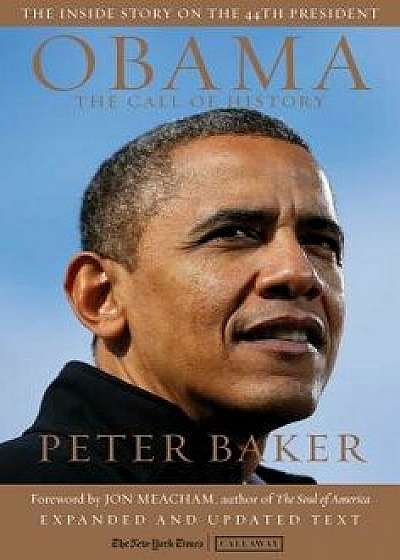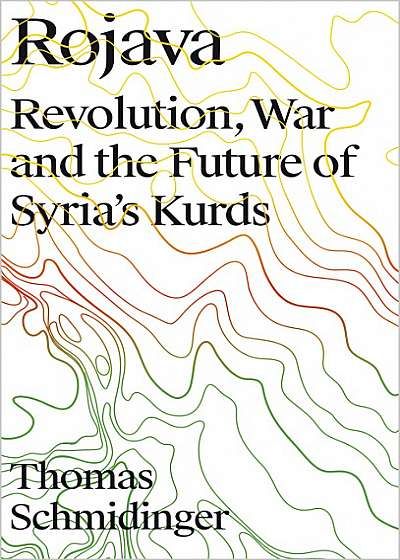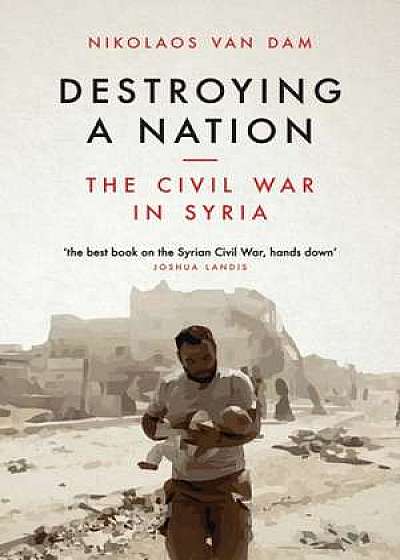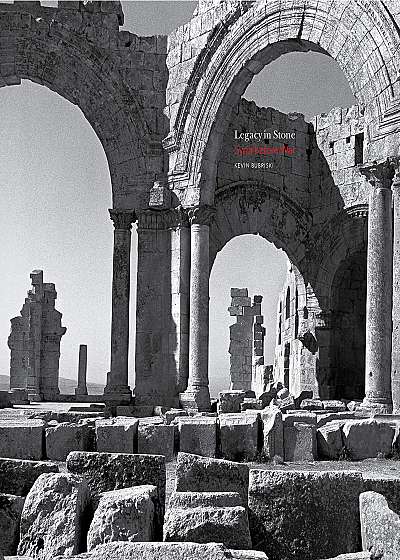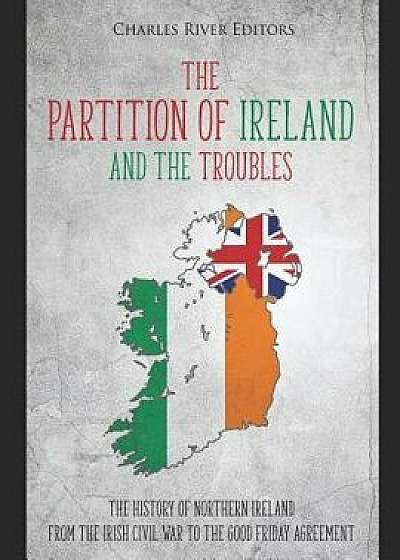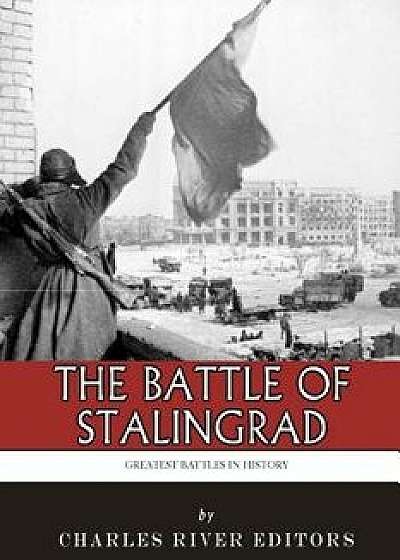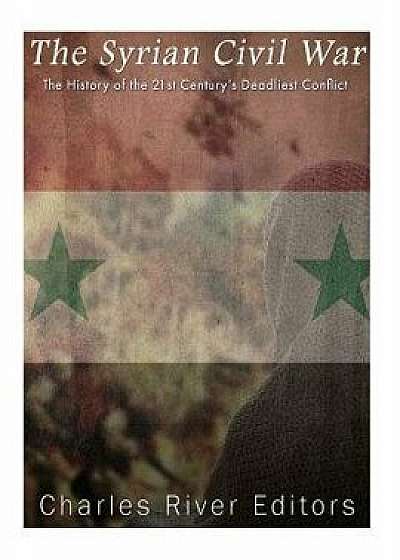
The Syrian Civil War: The History of the 21st Century's Deadliest Conflict, Paperback/Charles River Editors
Descriere
Description Includes pictures Includes online resources and a bibliography for further reading Includes a table of contents "I'm not a puppet. I wasn't made by the west to go to the west or any other country. I'm Syrian. I'm made in Syria. I have to live in Syria and die in Syria." - Bashar al-Assad, 2012 In December 2010, a 26-year-old Tunisian street vendor's self immolation triggered protests that spread from his hometown in Sidi Bouzid to cities across the country. The next month, on January 14, the country's autocratic president, Zine el-Abidine Ben Ali, fled the country. This would be the start of what became known as the "Arab Spring," which ultimately saw anti-government protests responded to with violence, reform, or both in countries across the Middle East. In Syria, the protests that began as early as January 2011 and increased in intensity the following March devolved into a complex armed conflict that involves multiple armed groups and wages to this day. Like the other dictators, Bashar al-Assad faced popular demonstrations against his regime at the height of the Arab Spring, but he steadfastly refused to step down from power, and the protests against him and his government quickly turned violent, which eventually enveloped Syria in a civil war that has already killed over 400, 000, created over 4 million refugees, and shows no signs of ending anytime soon. Furthermore, on August 21, 2013, a chemical weapon attack outside of the capital city Damascus left around 1, 500 civilians dead, and anti-Assad factions in Syria, as well as enemies of the Assad regime in other countries, have blamed the Syrian regime for the attack, while Assad claims his enemies are responsible. Although seeing and hearing about events in other countries affected by the Arab Spring most certainly helped encourage Syrian demonstrators, there are a number of other factors that contributed to the war, from foreign jihadist groups to the weather (from 2006-2011, a severe drought helped t
